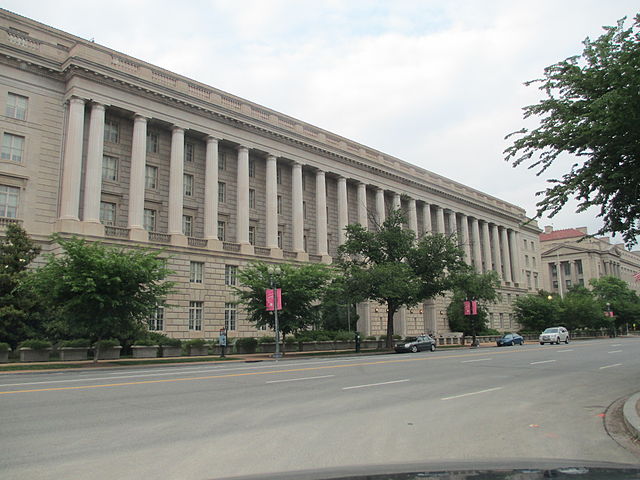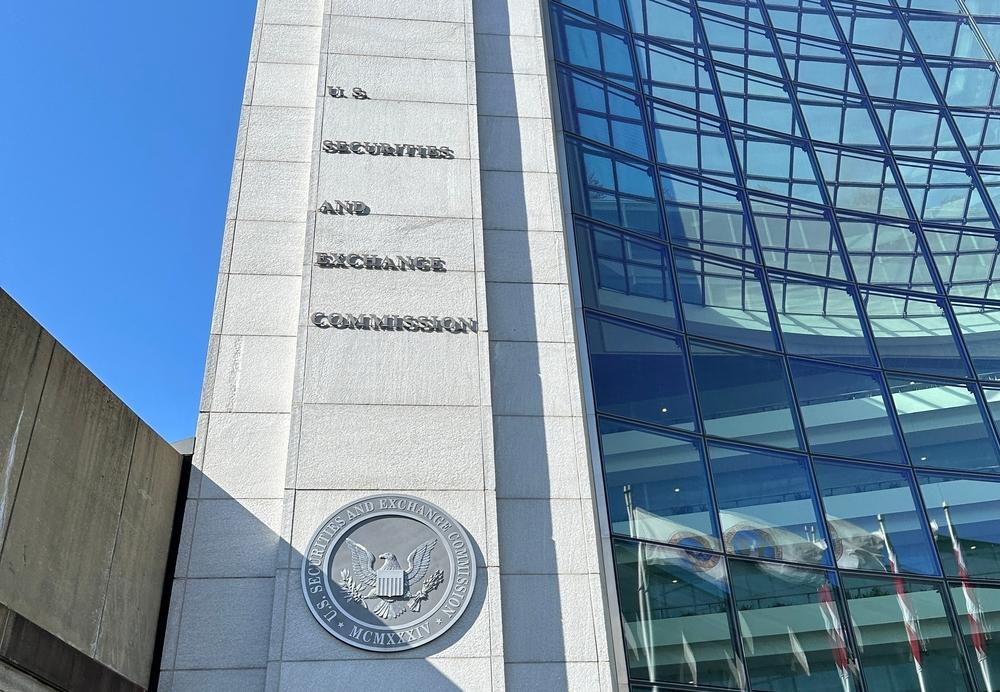The judicial system has affirmed the Internal Revenue Service's (IRS) authority to collect personal information from Coinbase, a prominent digital currency exchange platform. This ruling highlights the IRS's expansive powers in ensuring tax compliance.
During the court hearing, District Judge Joseph N. Laplante dismissed James Harper's objections regarding the IRS's acquisition of his personal data. Judge Laplante confirmed that the IRS's practices, including the use of summons to gather personal information, did not violate Harper's right to a fair trial or protection against unreasonable searches and seizures. This ruling reinforces the broad jurisdiction of the IRS, allowing it to issue summonses in various situations.
A notable aspect of this case was Harper's argument regarding privacy infringement, which the judge found unpersuasive in the context of the Fourth Amendment. The judge noted that Harper willingly shared his information with Coinbase and that the company's privacy agreement explicitly warned of potential governmental data requests. These factors significantly weakened Harper's position, as his disclosure of information to Coinbase was voluntary.
Harper's relationship with Coinbase began in 2013 when he started depositing Bitcoin profits from his consulting services. In 2016, the IRS, aiming to enhance transparency and compliance in the cryptocurrency market, requested data from Coinbase through a John Doe summons targeting unidentified taxpayers. In the latest ruling, Judge Laplante sided with the IRS, stating that Harper had no legal basis to claim an interest in the records under the Fourth or Fifth Amendments.
Furthermore, the judge rejected Harper's due process violation claim and affirmed that he had no proprietary rights over the records. Even if he did, the summonses were subject to significant restrictions and required judicial approval.


























Comment 0